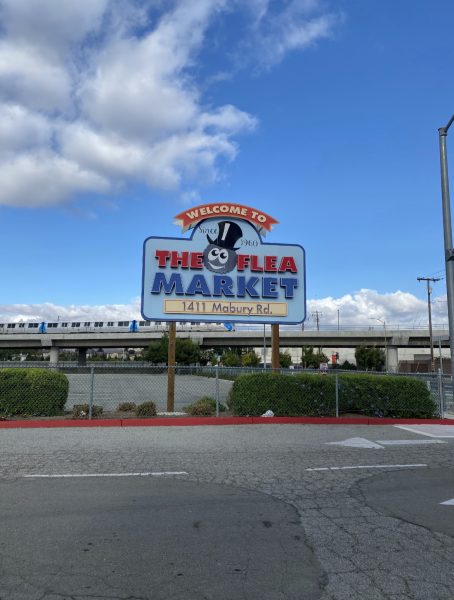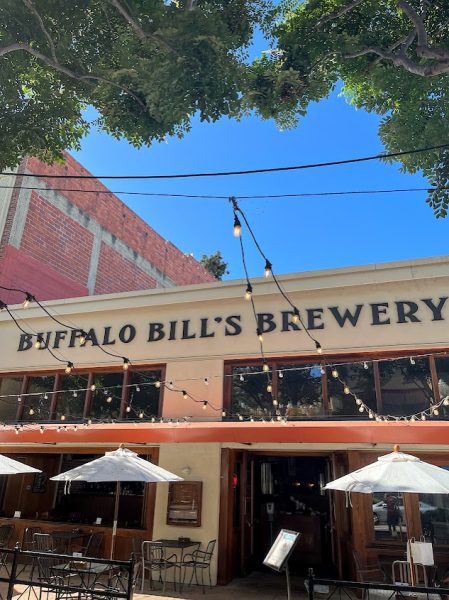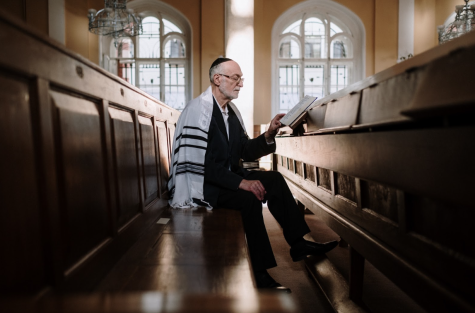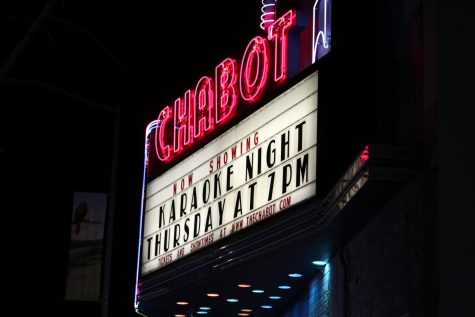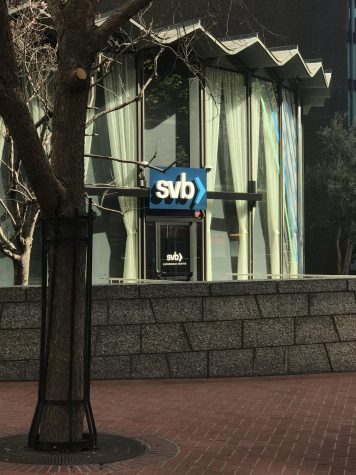Glide Memorial Opens Its Doors For Acceptance and Healing
A lawyer from Chicago, a woman with bipolar disorder, a man needing a place of acceptance – people from different walks of life come to the GLIDE Memorial Methodist Church in San Francisco for sanctuary, acceptance, gospel music and reasons only known to them.
Cheryl Williams came to the church 15 years ago while vacationing with her religiously devout aunt. Their first visit was when they randomly selected GLIDE from a list of churches found in the local phone book.
She recalls her first visit to the church, when she saw two homeless men sitting next to a woman dressed up in a silk pantsuit.
“That’s when I knew we were going to experience something different and unique,” she said.
The church also serves as a colorful beacon of hope for the community. Located in the Tenderloin district of San Francisco, the community is notorious for having some of the city’s highest crime rates, prostitution, poverty and homelessness.
Reverend Cecil Williams took over the church in the 1960s. In 1967, he created controversy when he had the traditional crucifix removed from the church. The move caused him to lose some parishioners of the conservative congregation but a new group emerged. The group of churchgoers is now made up of San Francisco’s diverse community, including social outcasts, the poor, and the ostracized. GLIDE quickly became a central meeting point for the community, a safe haven for an array of organizations, such as the Hookers Convention and Black Panthers to meet. The controversial church has always been the place of sanctuary for people who were shunned by society. When Harvey Milk, the first openly gay politician, was assassinated in 1978, the church provided his mournful supporters a place to grieve.
As crack and cocaine addictions aflicted the community, GLIDE responded by setting up rehabilitation and awareness programs. They partnered with volunteer doctors and nurses to create health clinics to offer advice and healing to the less fortunate. They set up a meal program, which serves an average of 2,560 meals a day.
One of the more colorful highlights of GLIDE is the internationally known ensemble choir, started by Rev. Williams’ wife, Janice Mirikitani in 1969. They have performed for Presidents Bill Clinton and Barack Obama.
Shara Morgan, a GLIDE churchgoer for 30 years, is crippled with bipolar disorder and clinical depression.
“I would force myself to come to the services because, although I couldn’t feel it, I could see everyone else feeling the spirit of this place,” she said. Morgan believes that she has the spirit now and is actively involved with the church.
Not much has changed in the community surrounding the church, but GLIDE continues to offer programs, assistance and care for the community.
There is no way to measure any improvements that GLIDE may have contributed to but for Rev. Williams; the mission is what is important.
“A measure of success is when people tell me that something worked for them,” said Rev. Williams. “When they tell me, yes, that helped me out a lot or yes, I was moved or inspired by your work here, then I know I have achieved one of my goals.”




